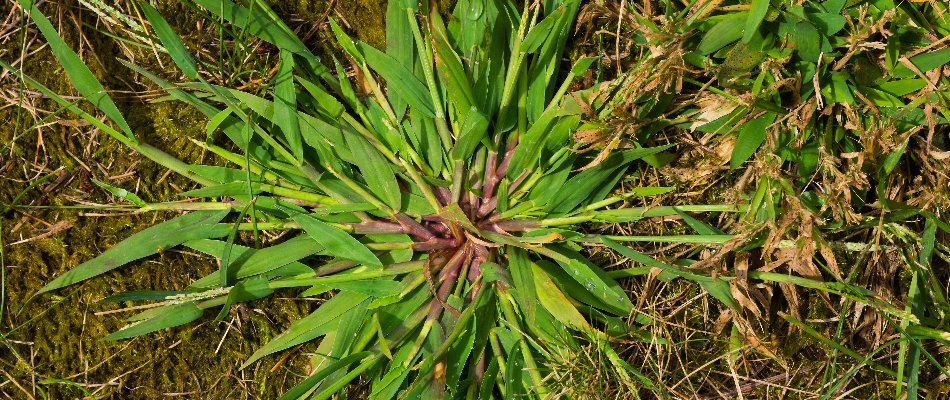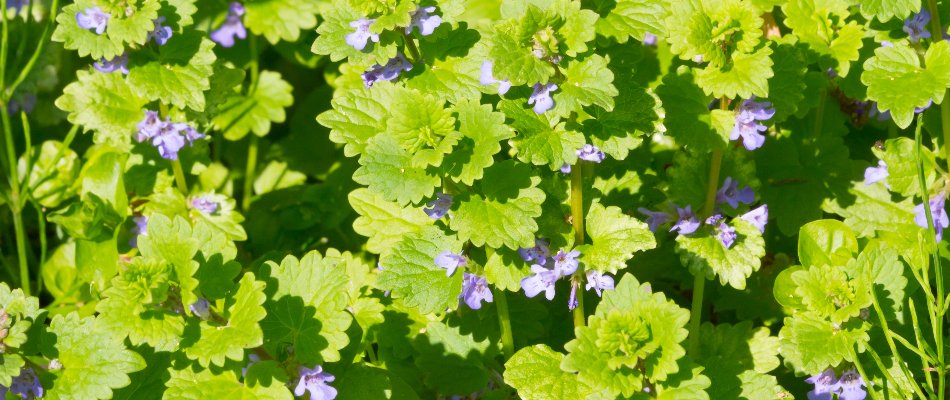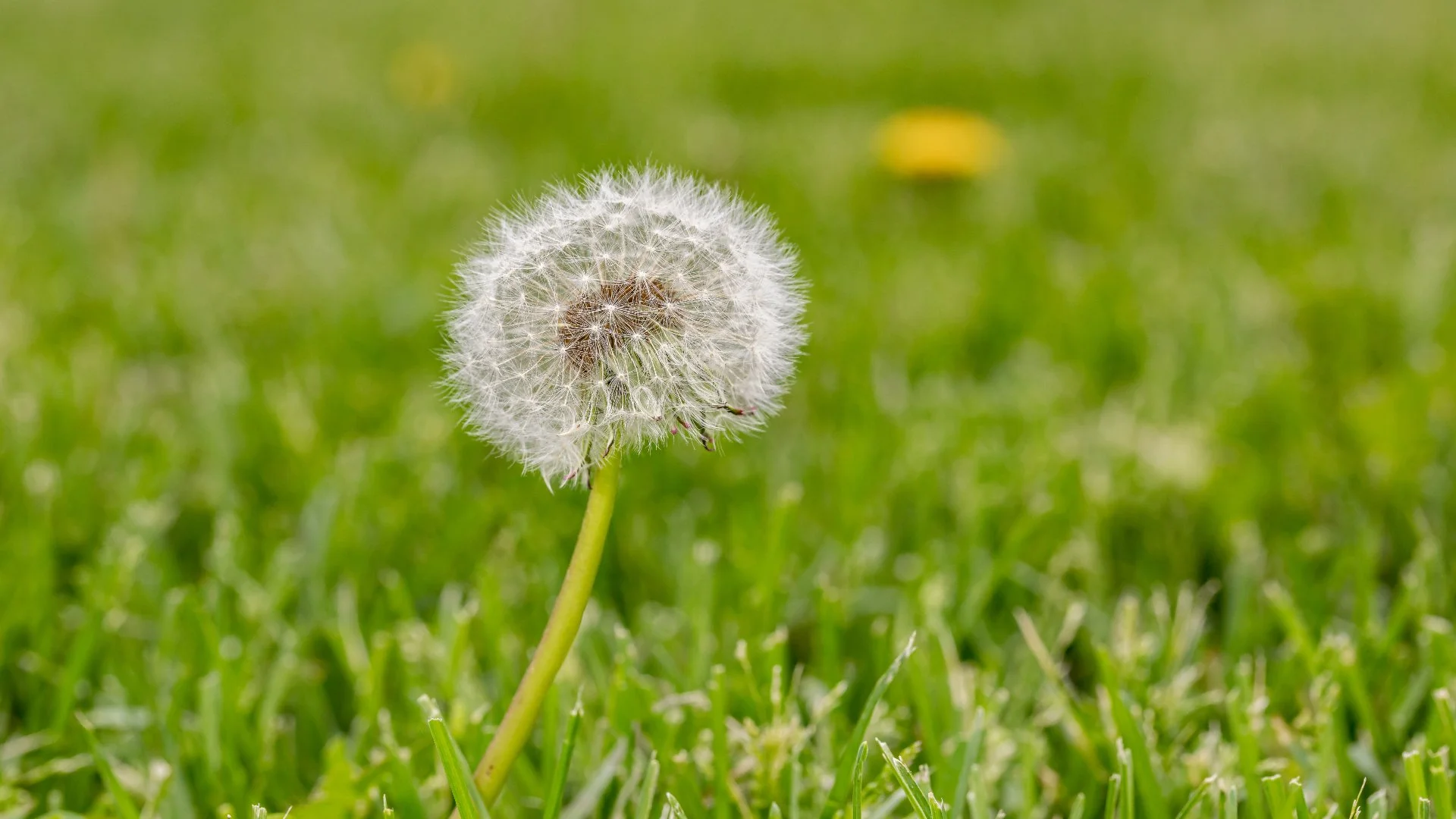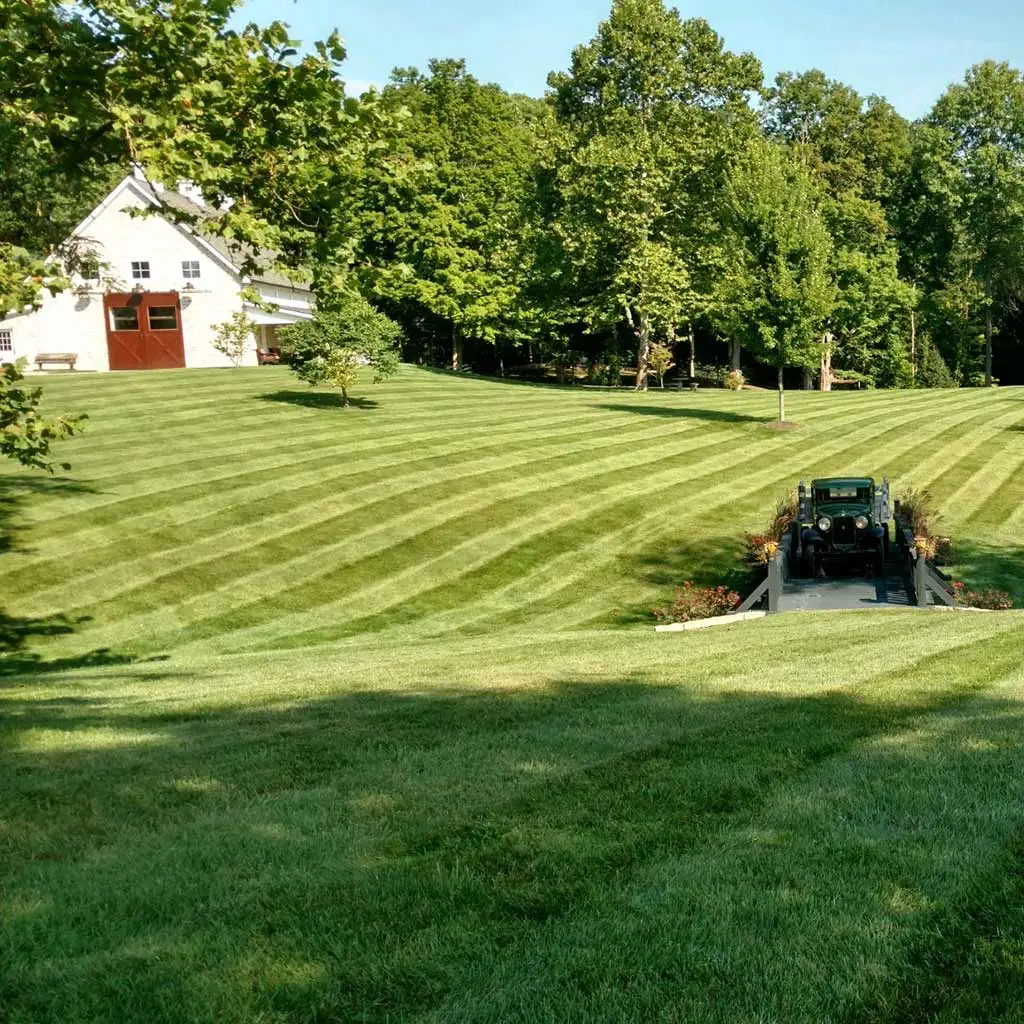Lawns in Ohio are no strangers to weeds, but there are two main types to be aware of: annual and perennial. Annual weeds complete their life cycle in one year, germinating, growing, and producing seeds before dying. On the other hand, perennial weeds have a longer lifespan, surviving for multiple years and spreading through seeds and underground roots. To effectively control both types of weeds on your lawn, it's best to enroll in a weed control program. Professionals will utilize pre- and post-emergent weed control treatments to tackle annual and perennial weeds, keeping your lawn weed-free and healthy.
What are annual weeds?

Annual weeds complete their entire life cycle within a single year, from germination to seed production and eventual death. These weeds can be further categorized into two types: summer annuals and winter annuals. Summer annuals, as the name suggests, germinate in the spring or early summer and grow rapidly during the warm months. They produce seeds in late summer or early fall before dying off with the first frost. Common examples of summer annual weeds include crabgrass, foxtail, and spurge.
Winter annuals, on the other hand, germinate in early fall and grow during the cooler months. They produce seeds in late spring or early summer before dying off in the heat of summer. Common examples of winter annual weeds include chickweed, henbit, and annual bluegrass.
What are perennial weeds?

Perennial weeds are a persistent and challenging type of weed that can plague your lawn year after year. Unlike annual weeds, perennial weeds have a longer lifespan and can live for multiple years. They have the ability to spread through both seeds and underground root systems, making them particularly difficult to control. Some common perennial weeds include dandelions, creeping Charlie, wild violets, and clover. However, there are different types of perennials, with some being more invasive and quick-spreading than others.
For example, there are simple perennials, which have a single taproot or fibrous root system and reproduce primarily through seeds. They can be controlled by removing the entire root system, but any remaining root fragments can regenerate and grow into new plants. On the other hand, there are creeping perennials, which have extensive underground root systems that can spread horizontally and produce new shoots. They can reproduce through seeds, but their primary method of spreading is through their root systems. This makes them particularly challenging to control, as even small fragments of their roots left in the soil can regenerate and grow into new plants.
What's the best way to control annual and perennial weeds on your lawn?
To effectively control both annual and perennial weeds on your lawn, it is best to enroll in a professional weed control program. Professionals have the knowledge and expertise to identify and target specific weed species, and they can tailor their treatments to your lawn's unique needs.
When you enroll in a weed control program, professionals will apply pre-emergent weed control treatments to prevent weeds from sprouting. These treatments create a barrier in the soil that inhibits newly germinated weeds from accessing the sunlight they need, effectively preventing them from growing on your lawn.
In addition to pre-emergent treatments, professionals will apply post-emergent weed control to target any existing weeds on your lawn. Post-emergent treatments are designed to kill weeds that have already sprouted, preventing them from spreading further and competing with your grass for nutrients and resources.
Call us today to sign up for our weed control service!
At Hoffmans Lawn & Fertilization, we offer a weed control service that includes both pre- and post-emergent treatments to effectively combat annual and perennial weeds. Our team will visit your property multiple times from early spring until late fall to apply our treatments and keep your lawn weed-free. We offer our weed control service to residential and commercial properties, as well as HOAs, in Delaware, Lewis Center, Powell, and surrounding areas in Ohio. Give us a call today at (740) 318-5296 to sign up!




Comments (0)
Thanks for your comment!
Thanks for your feedback! Your comments have been successfully submitted! Please note, all comments require admin approval prior to display.
Error submitting comment!
There is a problem with your comment, please see below and try again.